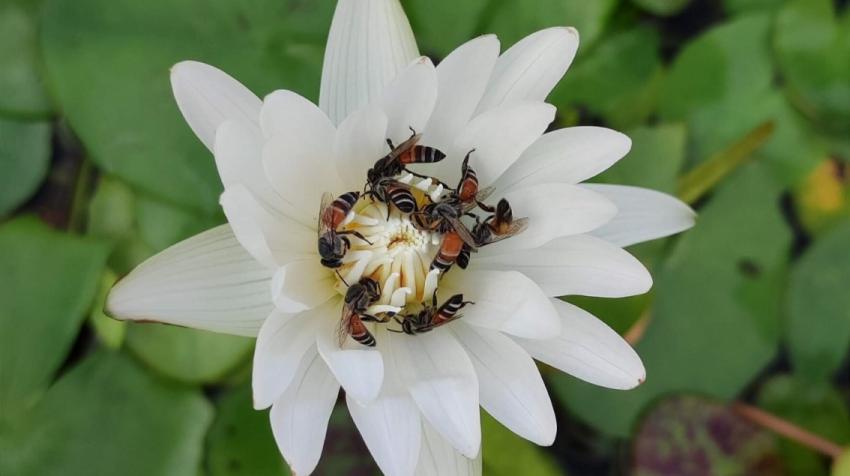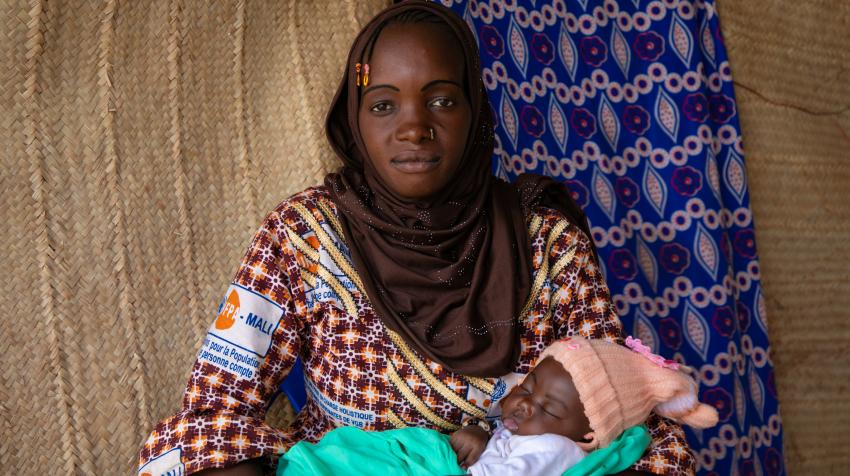September 2014, No. 2 Vol.LI, Illegal Wildlife Trade
Illegal wildlife trade feeds corruption, undermines stability in fragile states and threatens iconic species to the point of extinction. It is a $19 billion business that fuels criminals and terrorists. United Kingdom Foreign Secretary William Hague recognized the need to galvanize the international community to take action on illegal wildlife trade and secure political commitment at the highest levels of government. In February 2014, 42 countries met in London and signed the Declaration on Illegal Wildlife Trade, where they made a collective commitment to end this scourge, help communities that suffer from its side effects and protect endangered species.
The London Declaration secured ambitious political commitments from all 42 Governments, including:
- Support for the Convention on International Trade in Endangered Species of Wild Fauna and Flora (CITES) commercial prohibition on international trade in elephant ivory, until the survival of elephants in the wild is no longer threatened by poaching.
- Treating poaching and trafficking as a serious organized crime in the same category as drugs, arms and people trafficking.
- For the first time ever, renouncing the use of any products from species threatened with extinction.
The Conference also solidified national commitments:
- Canada donated $2 million in emergency funding to combat illegal wildlife trade activities in East and Central Africa.
- Germany pledged €16.9 million to support conservation efforts in Cameroon.
- Botswana, Chad, Ethiopia, Gabon and Tanzania launched the Elephant Protection Initiative, which aimed to secure new funding from private and public sources to protect elephants. Participating governments committed to a 10-year moratorium on ivory sales, a ban on domestic ivory trade and a decision to put all ivory stocks beyond economic use.
- The United Kingdom set out a ‘Commitment to Action’, which included the provision of £10 million to help governments, non-governmental organizations and charities tackle illegal wildlife crime and deliver London Conference outcomes. This Commitment will be updated in February 2015 to show progress against objectives.
Since the conference, we’ve seen positive developments at the country level from signatories. In Viet Nam, a key destination for illegal wildlife products, Prime Minister Nguyen Tan Dung issued a Directive to Ministries, sectors and local authorities to strengthen responses to wildlife crime, increase inter-agency efforts at checkpoints and border crossings, and address hotspots of the illegal wildlife trade. The United Kingdom Wildlife Minister Lord de Mauley visited Viet Nam and Thailand in April to see progress and to talk about how the United Kingdom can further support their efforts.
The Philippines is cracking down on illegal wildlife trade. It stopped shipments of animal parts in Palawan and Mindanao, and in a wide-ranging speech Environment and Natural Resources Secretary Ramon J.P. Paje said his country would support international actions to fight the ivory trade.
For World Wildlife Day, this year China held an event at the Beijing Zoo attended by representatives from key environmental ministries. This event followed China’s involvement in two major operations against wildlife crime that led to over 400 arrests and more than 350 wildlife seizures. A stockpile of over six tonnes of confiscated ivory was destroyed in Guangdong Province.
In t he United States, Congress directed $45 million to combat the illegal wildlife trade through the omnibus spending bill for 2014. This is in addition to the $10 million already earmarked in 2013 and reflects growing public awareness on protecting endangered wildlife.
On the African continent, Chad burned a 1.1 ton ivory stockpile to demonstrate it will not tolerate trade in elephant ivory. Ethiopia committed to conduct a similar operation. President Ali Ben Bongo of Gabon committed to prioritising wildlife protection, combating the illegal trade in endangered species and preserving forests that make up its unique ecosystem. At the London Conference, President Bongo announced plans to impose new penalties for poachers and traffickers. Botswana has already made huge efforts in this field and needs support to do even more—it has now offered to host the next Illegal Wildlife Trade Conference in March 2015.
At the United Nations in New York, the Group of Friends on Illicit Wildlife Trafficking, chaired by Gabon and Germany, meets regularly to maintain political momentum and to explore how the UN General Assembly can add value to national and international efforts. The United Kingdom is a proud contributing member of this group.
Positive developments have come about since the signing of the London Declaration. However, its continued impact depends on sustaining momentum and increasing political support. The United Kingdom urges any country not present at the London Conference to sign the London Declaration and join the effort to combat illegal wildlife trade.
We have the tools and the political will to eradicate the scourge of illegal wildlife trade from our communities and save the world’s most endangered species. The London Declaration gives us an agreed framework to work more closely together. Collectively we can make a difference.
The UN Chronicle is not an official record. It is privileged to host senior United Nations officials as well as distinguished contributors from outside the United Nations system whose views are not necessarily those of the United Nations. Similarly, the boundaries and names shown, and the designations used, in maps or articles do not necessarily imply endorsement or acceptance by the United Nations.




